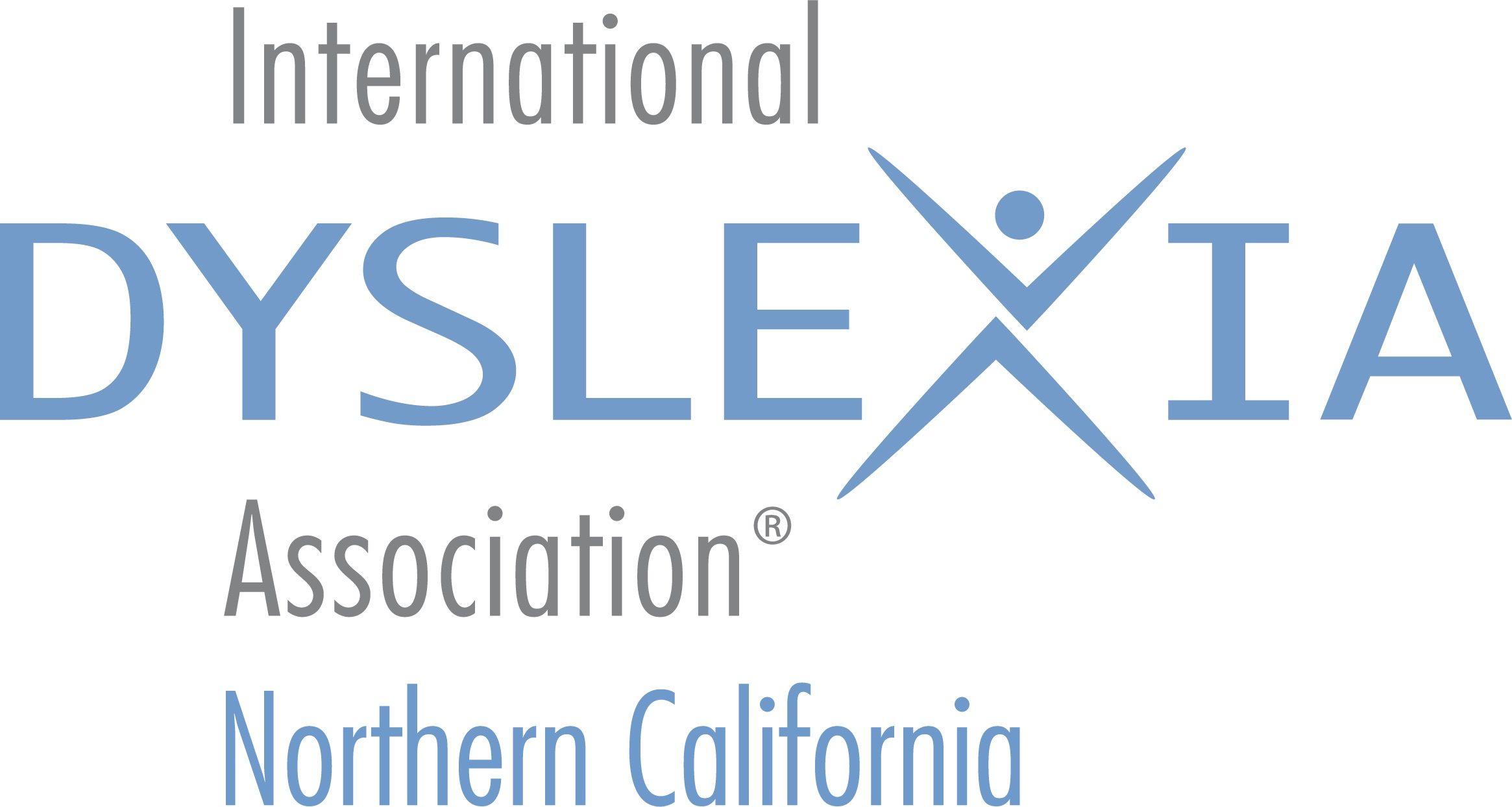2009 FALL EDITION NEWSLETTER
by Leslie Woodward
A study from researchers at Southeastern Louisiana University (SLU) using a dyslexia simulation based on NCBIDA’s “Put Yourself in the Shoes of a Person with Dyslexia” (Now called Experience Dyslexia®) clearly showed that participation increased awareness of this learning disability among teachers-in-training.
The study, published in Literacy Research and Instruction, Volume 47, No. 4, 2008, was conducted over a three-year period among 345 undergraduate and graduate education students. The simulation, which provides hands-on experiences that simulate the frustrations people with dyslexia cope with, is required of all SLU students as part of their teacher preparation coursework.
Data was collected through an eight-question survey given immediately after the simulation that explored teachers’ knowledge, attitudes, feelings, and values about dyslexia and working with dyslexic students. The data “overwhelmingly indicated that the participants’ awareness of dyslexia was heightened” as a result of the simulation, according to the study’s authors. “Ninety-nine percent of the participants, over the period of three academic years, indicated that the simulation increased their awareness of the possible limitations, abilities, and feelings of a learner with dyslexia.” The study also found that 98 percent of participants “indicated that the simulation had influenced their dispositions to work with learners with dyslexia” and that they “would be more likely to recognize learners who may have dyslexia or other learning difficulties.”
In the discussion section of their report, the authors suggest that teachers-in-training-should undergo the dyslexia simulation early in their programs, ideally coupled with field experiences so that they can immediately apply what they have learned. They also suggest that school districts should offer the dyslexia simulation to new teachers as they enter the school system and use it as a professional development opportunity for current teaching staff.
Wadlington, Elizabeth, Cynthia Elliot, and James Kirylo, “The Dyslexia Simulation: Impact and Implications,” Literacy Research and Instruction 47, no.4 (2008):264-272.













